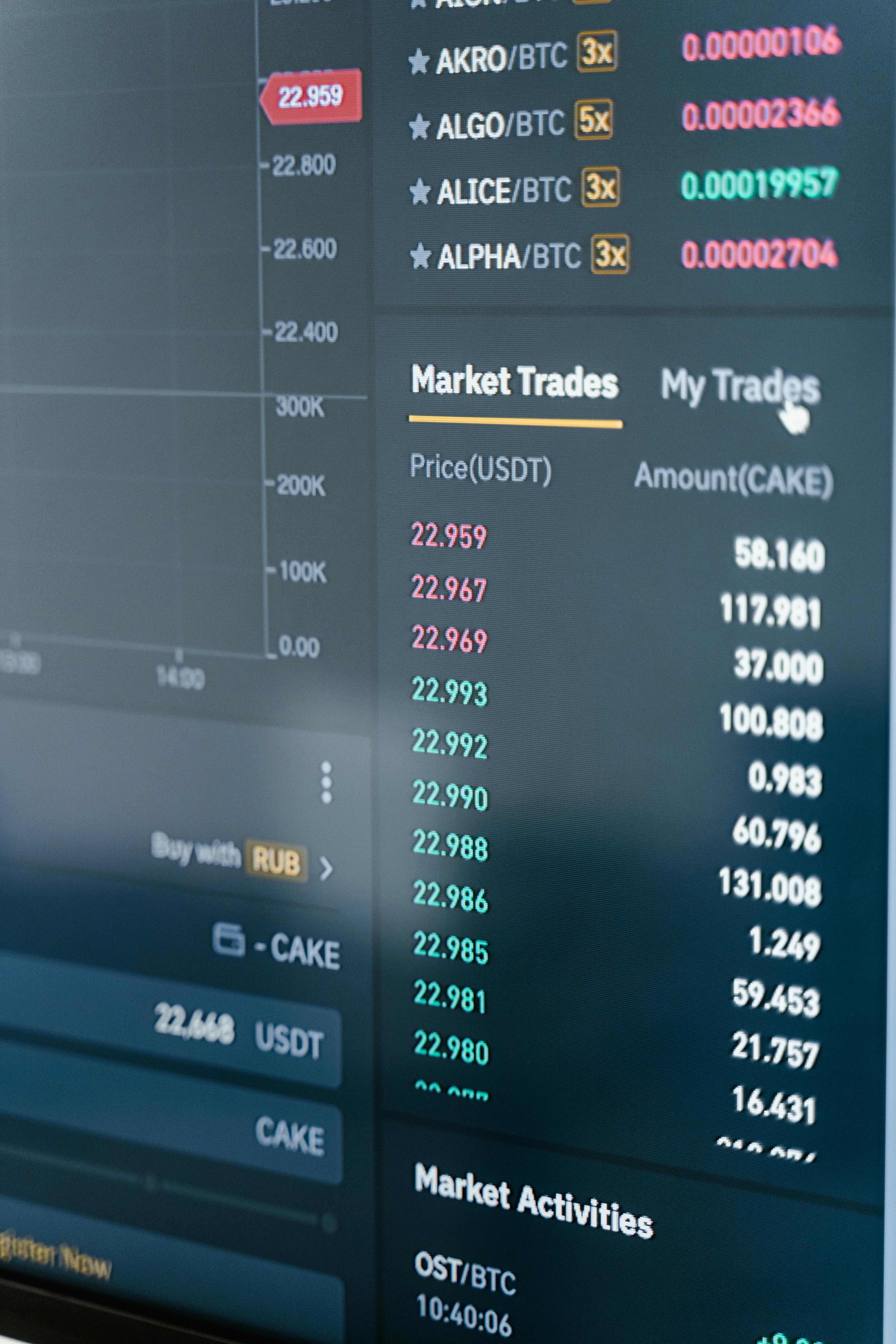
Centralized vs Decentralized Exchanges: A Comprehensive Guide for Blockchain Developers
Centralized vs Decentralized Exchanges: Navigating the Blockchain Landscape
Understanding the Exchange Ecosystem
In the rapidly evolving world of blockchain and digital assets, exchanges play a critical role in facilitating asset trading and liquidity. The fundamental distinction between centralized (CEX) and decentralized (DEX) exchanges represents a pivotal technological and philosophical divide in the cryptocurrency and digital finance ecosystem.
Centralized Exchanges: The Traditional Approach
Centralized exchanges (CEXs) represent the traditional model of digital asset trading, characterized by a single controlling entity that manages all transactions, order books, and user accounts. Platforms like Coinbase, Binance, and Kraken epitomize this approach, offering high liquidity, user-friendly interfaces, and robust customer support.
Key Characteristics of CEXs
- Managed by a single corporate entity
- Require comprehensive Know Your Customer (KYC) processes
- Provide high-speed trade execution
- Offer advanced trading features and margin trading
Decentralized Exchanges: The Web3 Revolution
Decentralized exchanges (DEXs) embody the core principles of blockchain technology – transparency, security, and user autonomy. Platforms like Uniswap, PancakeSwap, and dYdX enable peer-to-peer trading without intermediary control, utilizing smart contracts to execute transactions.
Technical Architecture of DEXs
DEXs leverage blockchain protocols to create trustless trading environments. Automated market makers (AMMs) use liquidity pools and algorithmic pricing mechanisms to enable seamless asset exchanges without traditional order book structures.
Comparative Analysis: CEX vs DEX
| Parameter | Centralized Exchanges | Decentralized Exchanges |
|---|---|---|
| Control | Centralized authority | Distributed blockchain network |
| KYC Requirements | Strict | Minimal or None |
| Transaction Speed | High | Variable |
| Security | Dependent on platform | Inherent blockchain security |
Regulatory Landscape
The regulatory environment for exchanges varies significantly across jurisdictions. In the United States, the Securities and Exchange Commission (SEC) maintains stringent oversight, while jurisdictions like the British Virgin Islands and Cayman Islands offer more flexible regulatory frameworks.
International Regulatory Perspectives
Swiss and Liechtenstein jurisdictions have emerged as blockchain-friendly environments, providing clear legal frameworks for digital asset exchanges and tokenization platforms.
Market Trends and Statistics
According to recent data from CoinMarketCap and blockchain analytics firms, decentralized exchanges have seen substantial growth in 2023-2024:
- Total DEX trading volume increased by 42% year-over-year
- Uniswap remains the market leader with over $1.5 trillion in cumulative trading volume
- Emerging layer-2 solutions are reducing transaction costs and improving DEX scalability
Future of Digital Asset Exchanges
The convergence of centralized and decentralized technologies suggests a hybrid future where interoperability and user experience will drive innovation. Emerging protocols are developing solutions that combine the liquidity of CEXs with the security and transparency of DEX architectures.
RWA.codes: Your Blockchain Development Partner
At RWA.codes, we specialize in developing cutting-edge blockchain solutions that bridge traditional finance with decentralized technologies. Our expertise spans tokenization, smart contract development, and comprehensive blockchain consulting across multiple international jurisdictions.
Our team provides end-to-end support for organizations looking to navigate the complex landscape of digital asset exchanges, ensuring regulatory compliance, technical excellence, and strategic implementation.